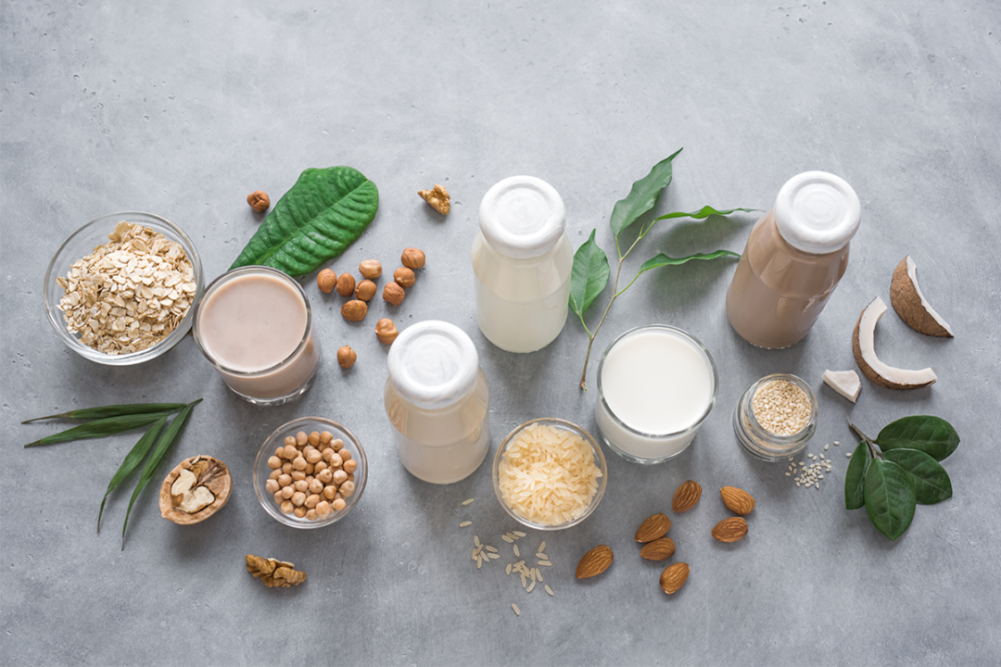MINNEAPOLIS – SunOpta, Inc. continued to invest in growing its capacity to produce plant-based beverages during its third quarter but was challenged by labor shortages and the ability to fully utilize its current capacity.
“Our strategies, priorities, deployment of capital, and expansion plans are all on point,” said Joseph D. Ennen, chief executive officer, during a Nov. 10 conference call to discuss quarterly results. “Demand was exceptionally strong, especially in areas like oat-base, oat milk, and fruit snacks, again underlying the alignment of our priorities and investments with the market dynamics.
“Second, we saw very strong demand in plant-based, especially in oat as oat revenue tripled versus prior year. Revenue was plus 16% versus prior year achieving our highest ever Q3 in plant based. And were it not for the raw material and labor challenges, we would have had growth in the low 20s percent. Sourcing incremental raw materials and incremental labor above plan proved challenging and disruptive to our operations.”
For the quarter ended Oct. 2, SunOpta sustained a loss of $3.8 million, which compared to the previous year when the company reported a loss of $2.8 million. Expenses related to the acquisitions of the Dream and WestSoy brands contributed to the loss, according to the company.
Sales for the quarter rose to $198.5 million from $191.7 million the year prior.
Sales for SunOpta’s Plant Based Foods and Beverages business unit were $114.9 million. Segment operating profit was $18.7 million.
“New customer/new business accounted for an impressive 34% of our plant-based growth with a significant portion attributable to our owned brands, Dream, WestSoy and Sown,” Mr. Ennen said. “Beyond our brands, we also signed a new two-year contract with a major foodservice customer to supply chai tea, and we extended our manufacturing agreement for another two years with an existing oat milk customer, which is one of the leading brands in retail oat milk.”
Expansion of the company’s Allentown, Pa., plant, which is used for aseptic beverage processing, will be completed this year, according to the company. A plant expansion in Modesto, Calif., and a new “mega-plant” in Texas also are expected to be operational in 2022.
“Collectively, these initiatives combined with our investments in 2020 provide a doubling of our plant-based capacity, enabling significant growth as well as de-risking the supply chain through geographic diversification, improved redundancy, and network optimization,” Mr. Ennen said.
SunOpta’s Fruit-Based Foods and Beverages segment had sales of $83.6 million during the third quarter of 2021, a decrease of 9.7% compared to $92.6 million in the third quarter of 2020. Lower retail volumes in frozen fruit was the main reason for the revenue decline, with planned rationalization of SKUs and customers, according to the company.
“Declines in frozen were partially offset by fruit snacks, which increased 21%, fueled by growth in both CPG co-man customers as well as retail private label customers,” Mr. Ennen said. “We are seeing very strong demand in fruit snacks across the board and consider this a growth engine for the future. In addition, we have successfully launched smoothie ball products, which will be marketed across co-manufacturing, private label, and our own branded platform.”

